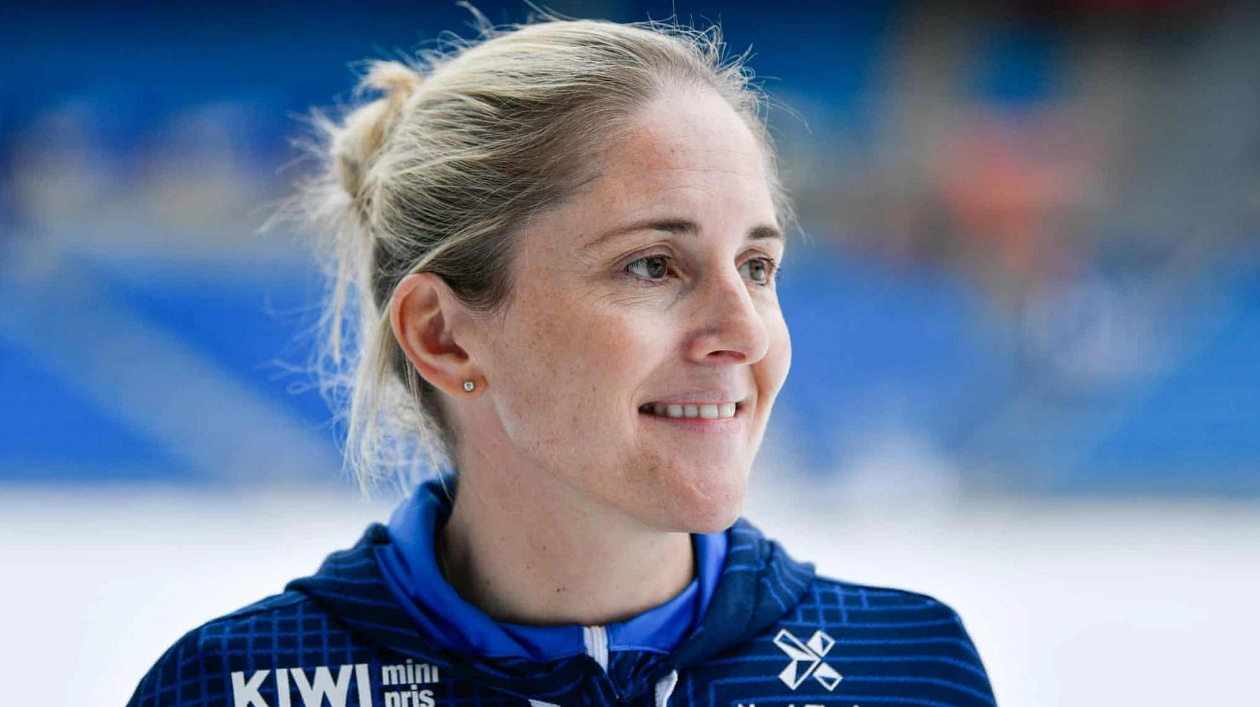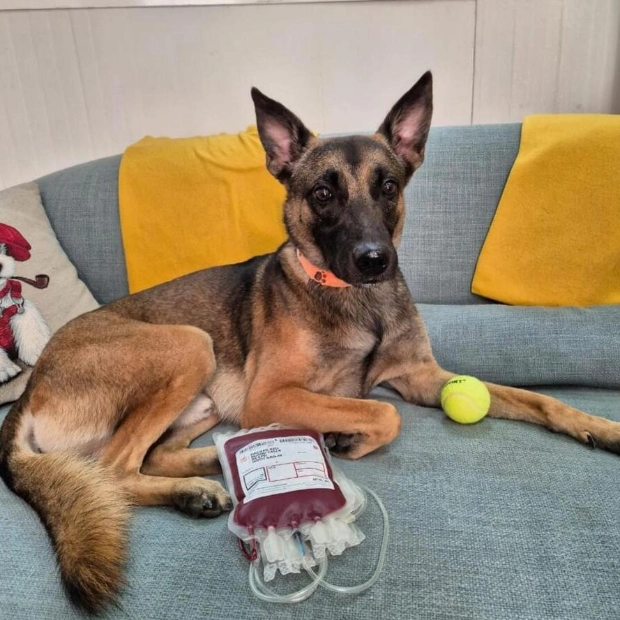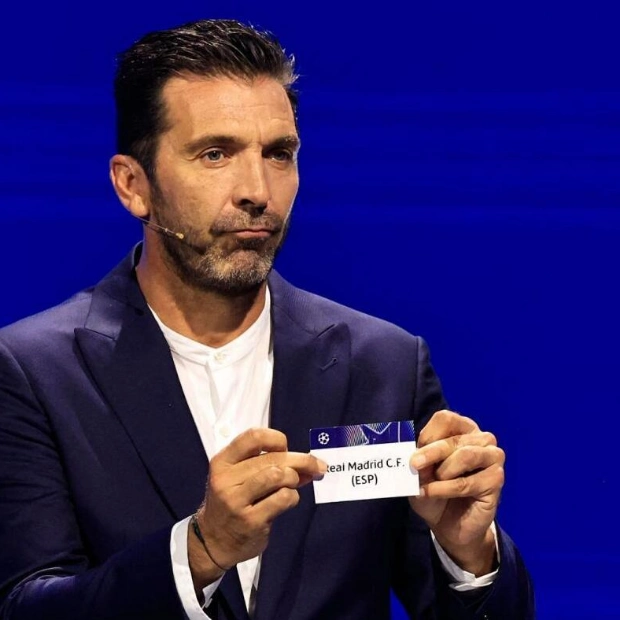As a proud Middlesbrough native with extensive experience in cold coaching sessions, Norway manager Gemma Grainger was taken aback by her initial visit to Oslo. “I stepped out of the airport and it was minus 24. The locals chuckled at my choice of attire—trousers and trainer socks. ‘Are you mad?’ they asked. Norwegians believe: ‘There’s no such thing as bad weather, only bad clothing.’ This nation exudes a remarkable resilience and determination. Snow piles up to five or six feet for months, yet no one flinches.”
Fortunately for Grainger, this week’s training is in warmer conditions near her home in Leeds, utilizing Leeds United men’s team’s pitches. This stopover aids in their preparation for a playoff against Northern Ireland, crucial for securing a spot in next summer’s European Championship. The journey begins with Friday’s leg at Inver Park in Larne. Just a week ago, Grainger was assisting Forward IL, a grassroots team in Oslo, with an eye on the future of the sport.
“Before each international camp, I visit a girls’ club in Oslo to conduct a coaching session, connecting with the community,” Grainger explains. “This aligns with our broader mission and is something both the players and I are deeply committed to: fostering women’s football in Norway. As a young coach at Middlesbrough Football Club in the Community, I’d carry footballs, cones, and bibs in my car, traveling across Middlesbrough for after-school sessions. I hold those grassroots clubs close to my heart—they define who I am.”
Grainger’s career path was influenced by former England manager Ted Copeland, who recognized her potential. As an 18-year-old captain under Copeland’s management, he invited her to a primary school coaching session, setting her on a trajectory that included managing Leeds, her hometown club Middlesbrough, and England’s youth teams before taking the Wales job in 2021.
A devastating 120th-minute goal by Switzerland in the 2022 World Cup playoffs dashed her hopes of leading Wales to a major tournament. In January 2024, she moved to Norway. Grainger holds immense respect and affection for the Wales team but saw potential in the Norway squad. “It was the team’s potential that drew me. We have many high-quality players excelling across Europe. It was a tremendous honor to take this role, and I’m thoroughly enjoying it. Something extraordinary had to lure me away from Wales. From our first conversation, I knew this was the right fit for me. Norway is a progressive country, very ambitious in football, matching my personal ethos. It’s been a great decision.”
In 10 competitive games, Grainger has suffered only one loss, away to the Netherlands, securing five victories, including a 13-0 aggregate win against Albania in the first round of the Euros qualifying playoffs. While Norway’s men haven’t qualified for a major tournament in 24 years, the women boast a proud history, including 1995 world champions, 2000 Olympic champions, and two-time Euros winners, hungry for more.
“I wear a badge with a star,” Grainger notes. “It’s crucial to honor that history. This team respects the past but focuses on the present and future potential. We aim to perform exceptionally in next summer’s tournament.
“We’re aware of our higher ranking against Northern Ireland, who are seen as underdogs. The players, staff, and I are excited and determined to succeed.” Grainger’s role model is former Germany head coach Silvia Neid, who achieved unparalleled success in international football. Grainger studied Neid as part of her UEFA Pro Licence coaching qualification in 2014, impressed by her aura and calm, collected demeanor.
Grainger’s squad features numerous high-profile players, including Chelsea’s Guro Reiten, Arsenal’s Frida Maanum, Barcelona’s Caroline Graham Hansen, and Manchester United’s Elisabeth Terland, Celin Bizet, and Lisa Naalsund. Ada Hegerberg, the Women’s Champions League’s all-time leading goalscorer and a Ballon d’Or winner, also stands out.
Norway, despite a 11-year drought from major semi-finals, has a population of 5.5 million with a fervent passion for football. “I see young girls and boys, backpacks and gloves on, walking to training in minus 10 temperatures. Participation rates are remarkably high relative to the population. Norwegians are respectful, trusting, and resilient, living in such a cold country yet persevering. They’re teaching me much, especially how to dress for cold weather.”
Source link: https://www.theguardian.com






